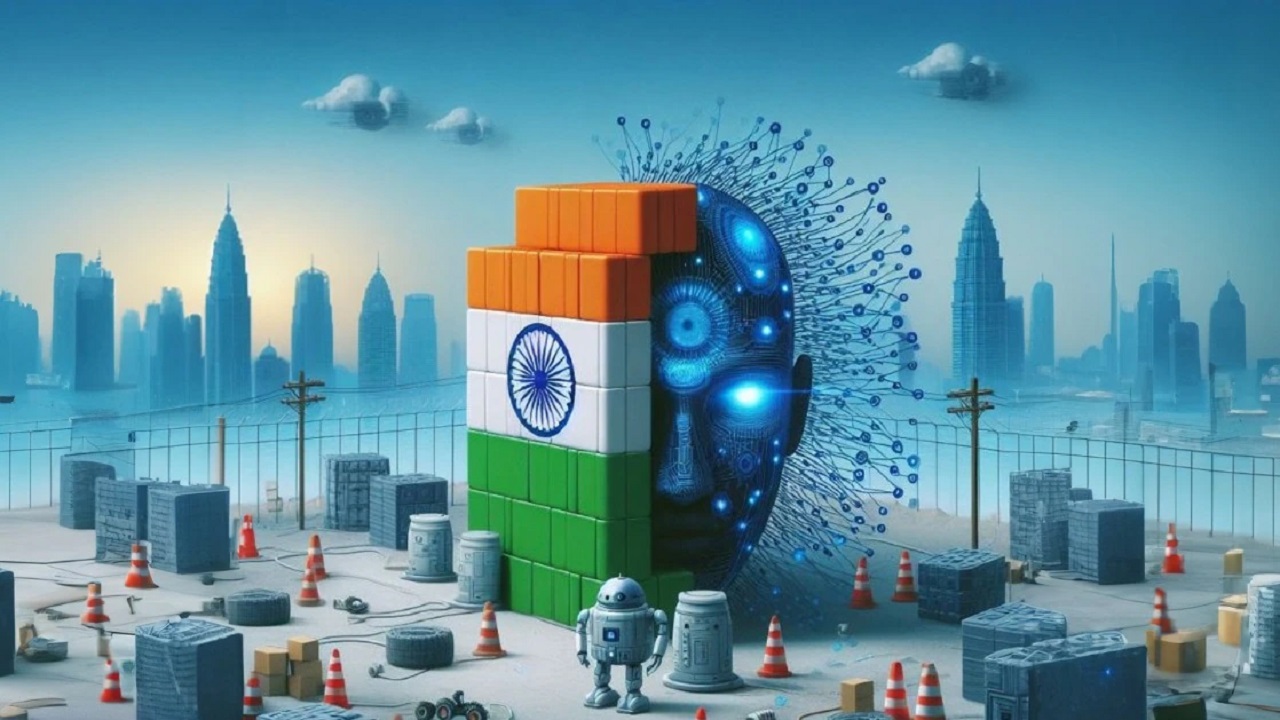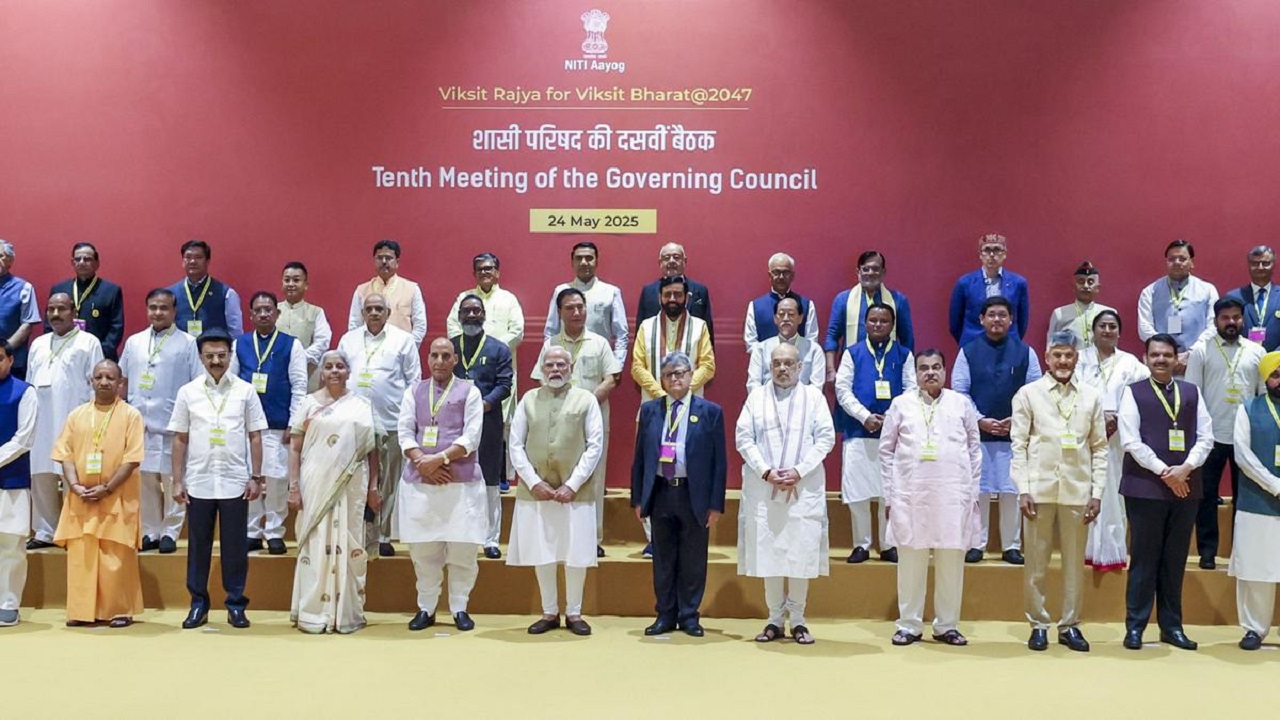Understanding the Indian MSME Sector: Progress and Challenges
Context
Micro, Small, and Medium Enterprises (MSMEs) are pivotal to India's economic framework, significantly contributing to employment, exports, and GDP. The Small Industries Development Bank of India (SIDBI) released a comprehensive report titled 'Understanding the Indian MSME Sector: Progress and Challenges' in May 2025. This report offers an in-depth analysis of the sector's current status, challenges, and opportunities, based on a survey of over 2,000 MSMEs across 19 sectors in manufacturing, services, and trading.
Significance of MSMEs in the Indian Economy
-
MSMEs are often referred to as the backbone of the Indian economy due to their substantial role in employment generation and economic development.
-
The sector comprises approximately 6.4 crore enterprises, with 1.5 crore registered on the Udyam portal.
-
MSMEs employ around 23% of the Indian labor force, making them the second-largest employer after agriculture.
-
They contribute about 38.4% to the total manufacturing output and approximately 45.03% to the country's total exports.
-
In terms of Gross Value Added (GVA), MSMEs contributed 30.1% in the fiscal year 2022-23.
Key Challenges Faced by MSMEs
-
Access to Finance
-
Despite various policy initiatives, timely and adequate credit access remains a significant challenge.
-
The sector faces a substantial credit gap of approximately ₹30 lakh crore, particularly affecting service-oriented and women-owned businesses.
-
While borrowings from informal sources are minimal for small and medium enterprises at 3% and 2% respectively, it is relatively significant at 12% for micro enterprises.
-
-
Technology Adoption
-
Integration of advanced technologies such as Artificial Intelligence, Big Data, and Industry 4.0 practices is still in its nascent stages within the MSME sector.
-
Limited resources and expertise hinder the adoption of these technologies, affecting competitiveness and efficiency.
-
-
Regulatory Compliance and Infrastructure
-
MSMEs often grapple with complex regulatory frameworks, inadequate infrastructure, and unreliable utilities, which impede their growth and operational efficiency.
-
-
Skilled Labor Availability
-
The sector faces challenges in sourcing skilled manpower, which is crucial for adopting new technologies and improving productivity.
-
Government Initiatives to Support MSMEs
-
Formalization Efforts
-
The Udyam Registration and Udyam Assist Portal have significantly boosted formalization, with registrations surging from 2.5 crore in March 2024 to over 6.2 crore by March 2025.
-
-
Digital Adoption
-
Approximately 90% of MSMEs now accept digital payments, reflecting a significant shift towards digital transactions.
-
However, only 18% currently use digital lending platforms, indicating potential for further growth in digital credit adoption.
-
-
Women Entrepreneurship
-
According to the Annual Survey of Unincorporated Sector Enterprises (ASUSE) 2023-24, 26.2% of proprietary MSMEs are owned by women, signaling growing inclusivity.
-
Despite this, women entrepreneurs continue to face higher challenges, with 41% highlighting credit access and high competition as significant obstacles.
-
-
Revised Classification Criteria
-
The Union Budget 2025-26 introduced revised classification criteria for MSMEs, adjusting investment and turnover thresholds to better reflect the current economic landscape.
-
-
Credit Guarantee Schemes
-
Enhanced Credit Guarantee Schemes have been implemented to facilitate easier access to credit for MSMEs.
-
-
Prime Minister's Employment Generation Programme (PMEGP)
-
PMEGP aims to generate employment opportunities by assisting in the establishment of micro-enterprises in both rural and urban areas.
-
Tax Compliance Guidelines for MSMEs
-
Section 15 of the MSMED Act 2006, along with the newly enacted Section 43B(h) of the Income Tax Act, mandates that payments to MSME registered enterprises must be made within 15 days, or up to 45 days if an agreement exists.
-
Non-compliance with this regulation results in the inability to deduct these payments as expenses in the same year, potentially increasing taxable income and business taxes.
-
In cases of delayed payments, the payer is liable to pay interest on the amount due.
Concerns Raised by Larger Companies and MSMEs
-
Larger companies have expressed concerns about increased tax liabilities due to the new tax clauses.
-
Some MSME owners have reported order cancellations as larger companies shift business to unregistered MSMEs to avoid the stringent payment timelines.
-
MSME associations have approached the Supreme Court regarding these issues, and the Union MSME Ministry is engaging with industry stakeholders to find viable solutions.
Conclusion
The MSME sector is integral to India's economic growth, employment generation, and export performance. While significant strides have been made in formalization and digital adoption, challenges such as access to finance, technology integration, regulatory compliance, and skilled labor availability persist. Government initiatives like revised classification criteria, credit guarantee schemes, and employment generation programs are steps in the right direction. However, continuous efforts are required to address the existing challenges and to ensure that MSMEs can fully realize their potential in contributing to India's economic development.

.jpg)


Comments (0)